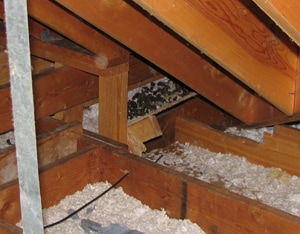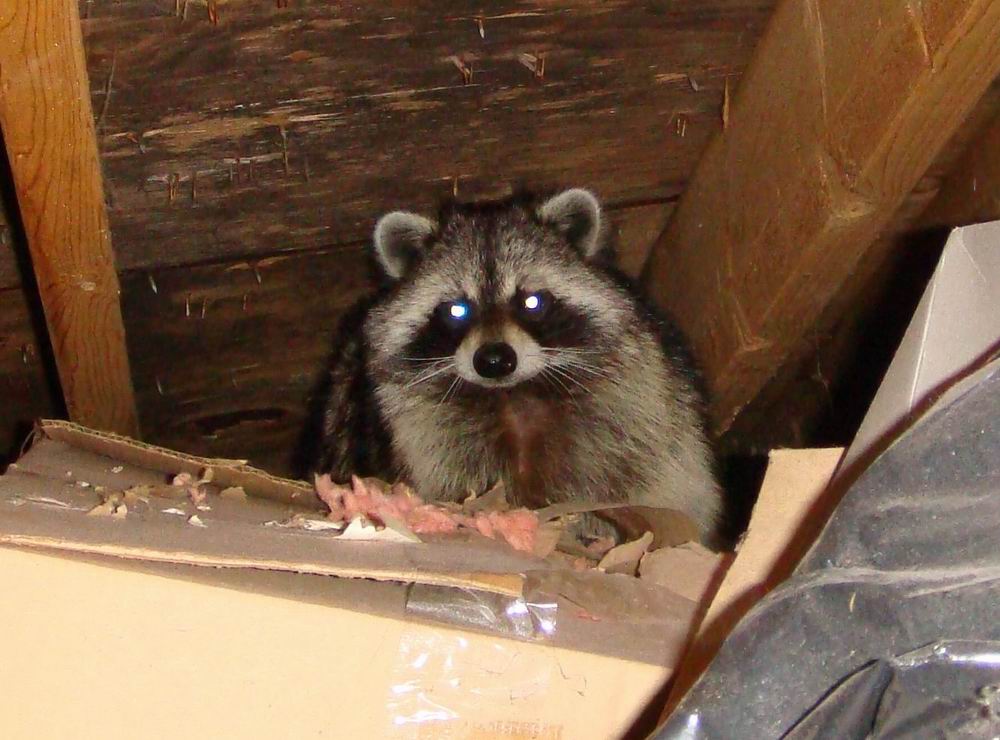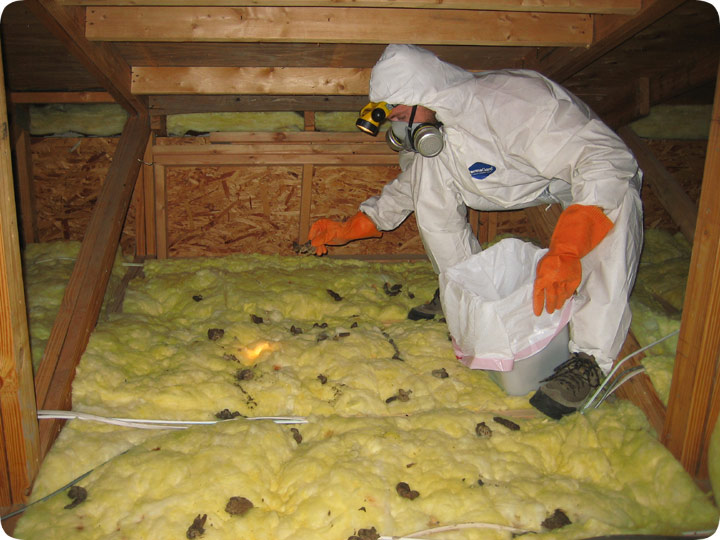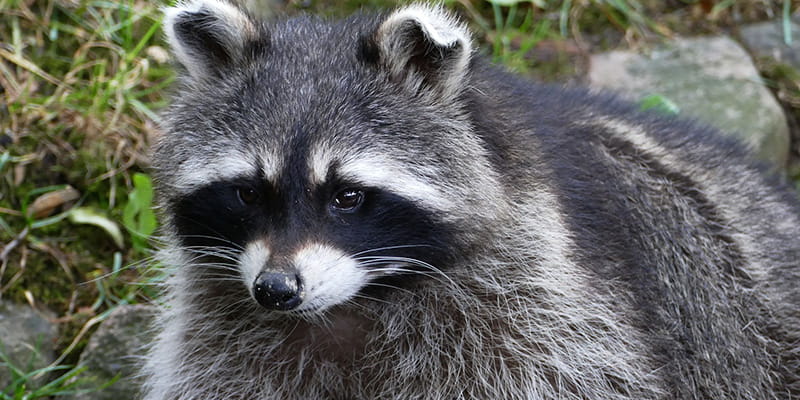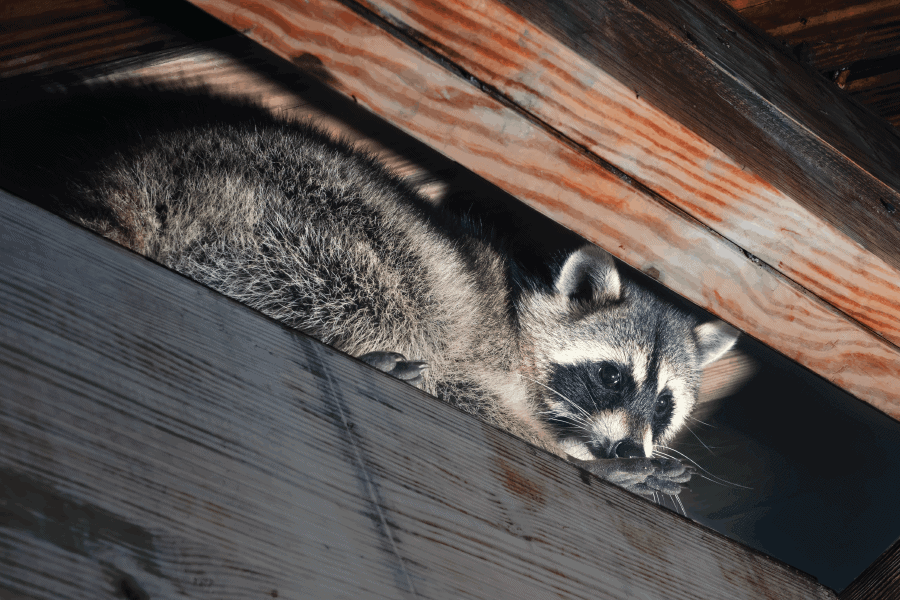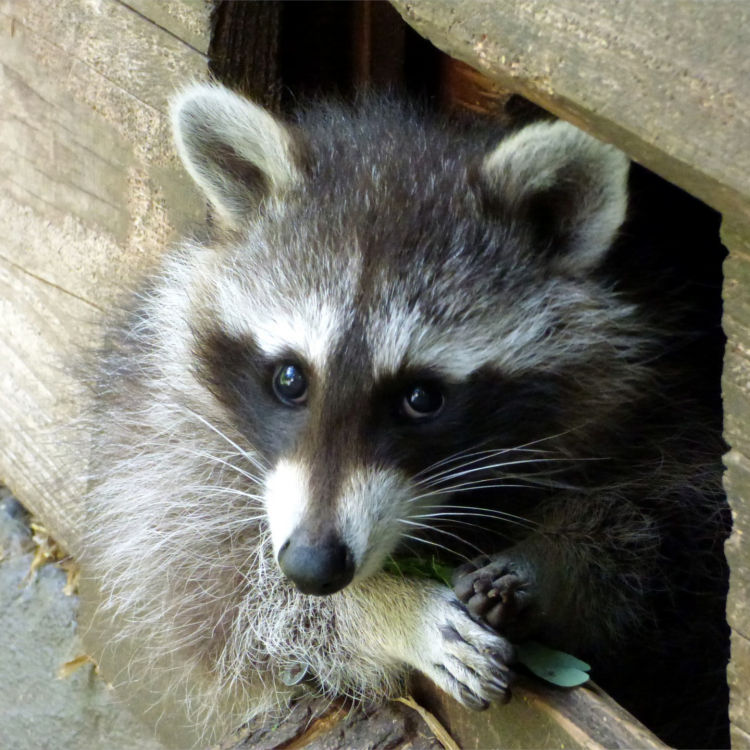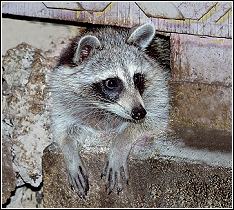A raccoon den site can be host to a wide array of health hazards from the parasites in their nesting material to the viral and bacterial strains living in their feces.
Raccoons in attic health risks.
Suddenly while you re in the attic you come face to face with a set of glowing eyes and low hisses that signal your.
If raccoons made their business in your attic your insulation is probably compromised.
Rabies is commonly carried by raccoons and is spread from an infected raccoon to a pet or human through saliva via a bite or scratch.
In many states they are euthanized.
Besides the risk of violent encounters raccoons are a threat to your pet s health.
We will find and seal off the entry point to keep it and others from coming back.
If you have a raccoon in your home you must call a wildlife professional to remove the animal safely.
59 what health risk is associated with not cleaning up your attic after a raccoon has been living in your attic primary concern is the raccoon roundworm.
5 health risks associated with a raccoon problem in the attic raccoons are pesky critters.
Their feces and urine may be piled up in one spot but are usually spread everywhere not a pleasant sight or smell at all.
They re also carriers of zoonotic diseases which are harmful to humans as well as our pets.
The presence of raccoons often goes hand in hand with a flea ticks or mites infestation so your pet is at higher risk of contracting diseases if raccoons are around.
What follows are just a few instances of raccoon health hazards.
Another significant danger is raccoon droppings.
It causes muscle pain dizziness fatigue fever delirium aggression and eventually death if not treated in a timely manner.
They also pose a fierce physical threat when defending their territory and are able to cause severe bodily harm.
The presence of raccoons in your home also poses health risks as racoons could have rabies and their droppings contain dangerous parasites.
Health risks of raccoons living in attics.
60 what happens to trapped raccoons depends on who traps the animal.
Do not try to trap or remove the animal yourself because racoons are crafty and dangerous.
By using a broom or by vacuuming you increase the risk of dangerous air particles raising hence increasing the risk of contracting the roundworm parasite.
If a raccoon is living in your attic or elsewhere on your property the feces it leaves behind can pose a health risk to you and your family.
Not only will they destroy your property ripping into insulation to make their nests in your attic and ripping holes in the exterior of your home to gain access.
Contact anderson wildlife control to have the raccoon trapped and relocated to another location.
In addition to severe damage raccoons present several health risks to humans.
